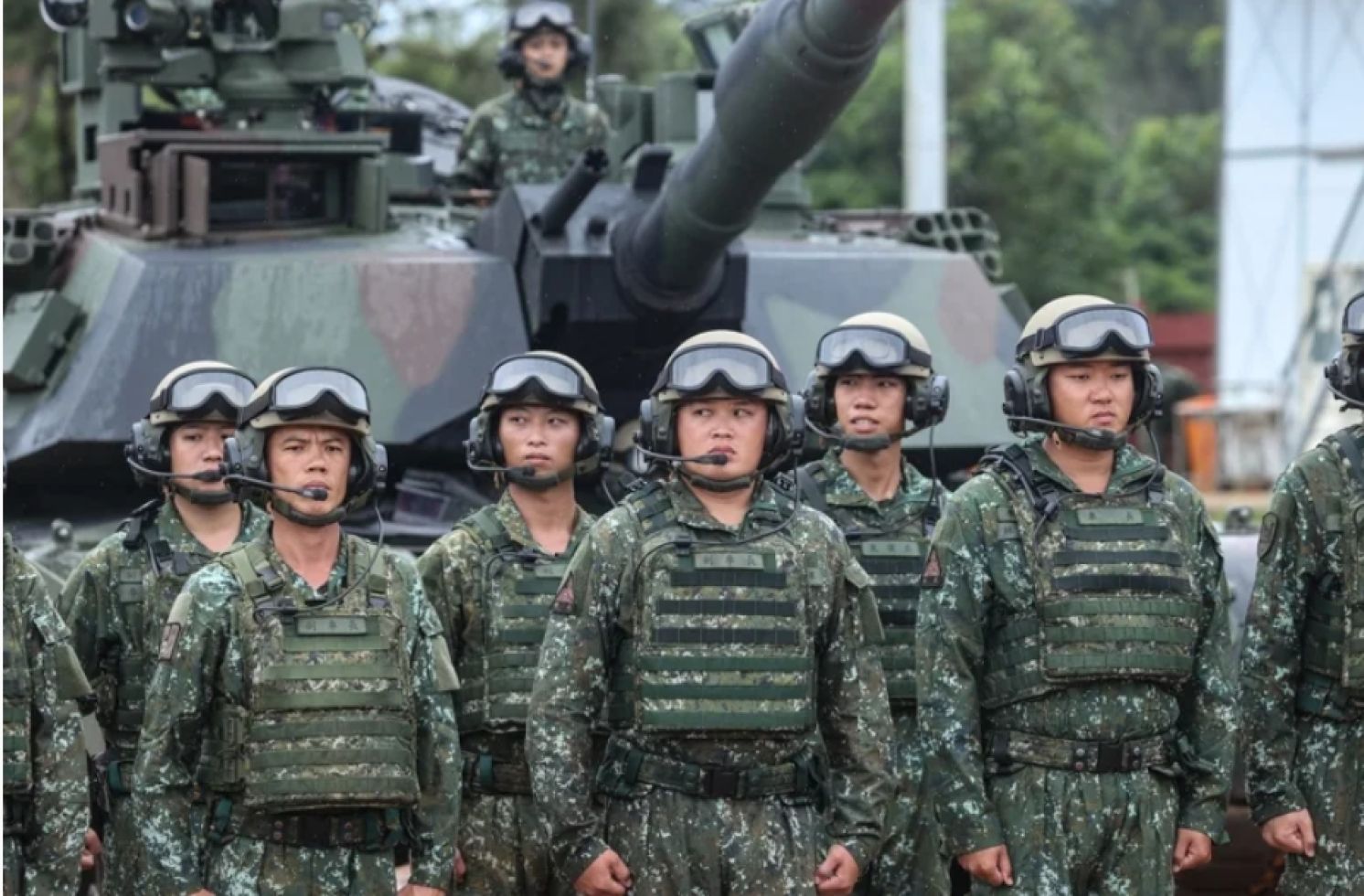
Warning Sign: Soldiers Prefer to Pay Penalties to Retire Early
United Daily News Commentary, November 9, 2025
The Democratic Progressive Party (DPP) administration has invested substantial time and effort discussing how to strengthen Taiwan’s defense capabilities. Yet, it has offered very little discourse on how to prevent war. In such a social climate, who would still be willing to stay in the military? Young people’s indifference toward national defense is, in fact, rooted in their distrust of war.
According to statistics from the Legislative Yuan’s Budget Center, the recruitment rates for volunteer soldiers from 2022 to 2024 reached only 88.61 percent, 98.41 percent, and 91.1 percent, respectively. The number of recruits has failed to meet the target for three consecutive years. Furthermore, although 52,647 volunteer soldiers were recruited over the past four years, 12,884 chose to leave early without completing the minimum service requirement. This accounts for 24.47 percent of all recruits—meaning that for every four volunteer soldiers who enter the military, one opts to pay compensation to leave. The cumulative compensation amount has reached NT$895.9 million (about US$29.1 million).
These figures represent a serious warning: the military cannot recruit enough people, and even when it manages to do so, a significant number leave every year.
There are many reasons why young people are unwilling to serve. The main issue is that military training still centers on physical drills, barracks upkeep, and formalistic tasks, lacking content aligned with modern warfare. While today’s battlefield has shifted toward information warfare, drones, and cyber operations, many courses remain focused on rifle drills, bed-making, and cleaning. Another factor is that military service easily disrupts life plans. Since Taiwan lacks a comprehensive “post-service transition” system, veterans often feel disconnected from society and must readjust after discharge.
While these problems indeed pose challenges for conscripts, the statistics in question focus on volunteer soldiers. In other words, those who choose the military as a career are less likely to be influenced by training content or post-service issues. Yet even these individuals—after deciding to become volunteer soldiers—still prefer to pay to leave the service, suggesting that other factors weigh even more heavily.
One key factor is the growing shadow of cross-strait military tension. In recent years, the People’s Liberation Army (PLA) has frequently circled Taiwan with aircraft, approached with naval vessels, and normalized missile exercises. International media coverage of the Taiwan Strait crisis has also intensified. Combined with the DPP administration’s constant appeals to “resist China to protect Taiwan” and its emphasis on enhancing defense capabilities, this tense security atmosphere has raised public awareness of national defense but also heightened the anxieties of young people and their parents regarding military service.
In this social climate, discussions about the Taiwan Strait are constant, and Taiwan’s security risks have indeed increased. Yet political leaders in the ruling party often avoid addressing how to prevent war. This makes young people feel like they are becoming another type of sacrificial pawn—a piece on the chessboard of resisting China and defending Taiwan. Young people are not unpatriotic; they are concerned that cross-strait tensions may worsen under partisan narratives and political calculations.
In the 2022 local elections, the DPP suffered a major defeat. Many factors contributed to its loss, but one issue that concerned a significant number of young people and parents was the extension of compulsory military service. The Kuomintang’s (KMT) slogan—“A vote for the DPP sends youth to the battlefield”—combined with the ruling party’s insufficient messaging, resulted in the loss of centrist and young voters.
Has the DPP forgotten this lesson? If the government only talks about preparing for war but not preventing it, then Taiwan’s manpower challenges will only worsen, and the local election results next year may continue to suffer as a result for the DPP.